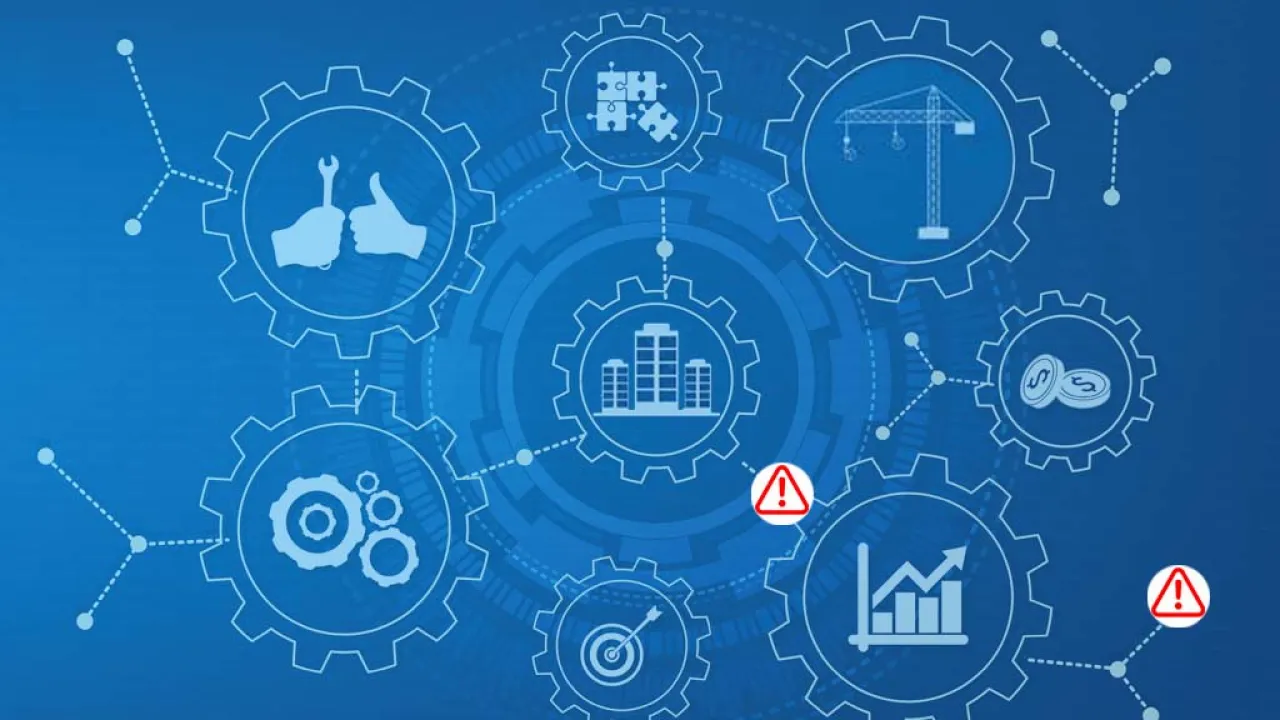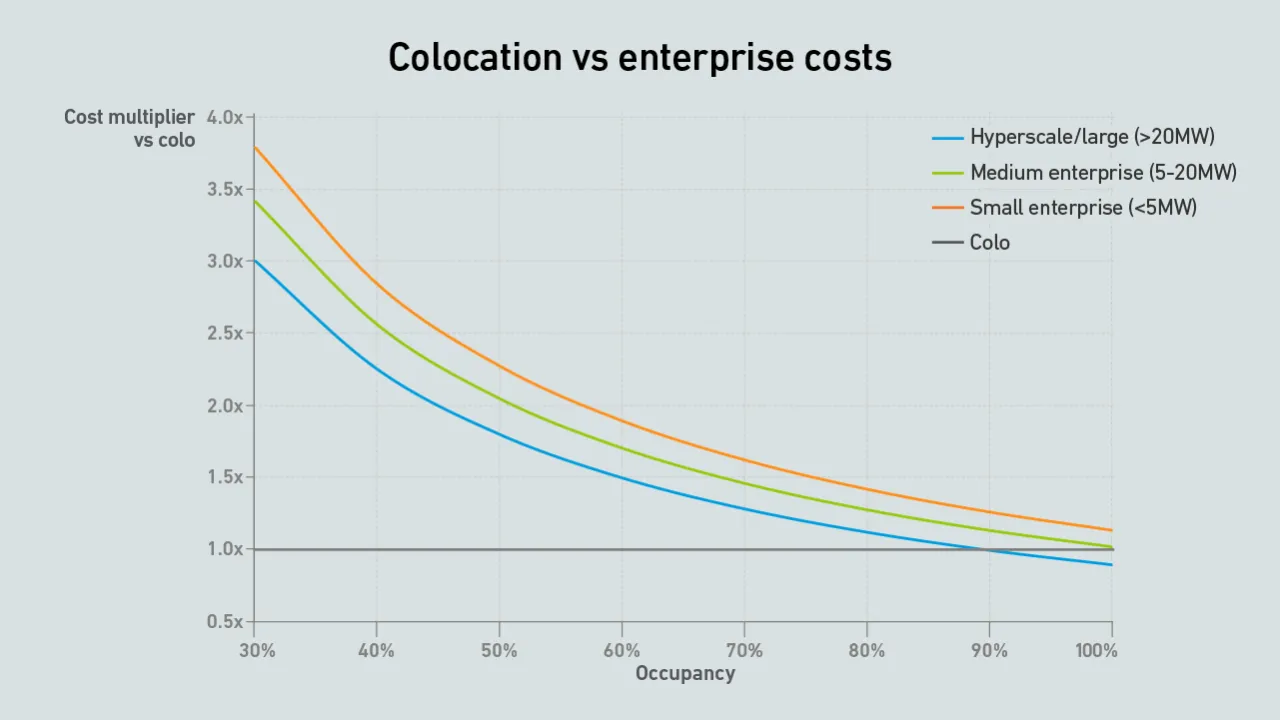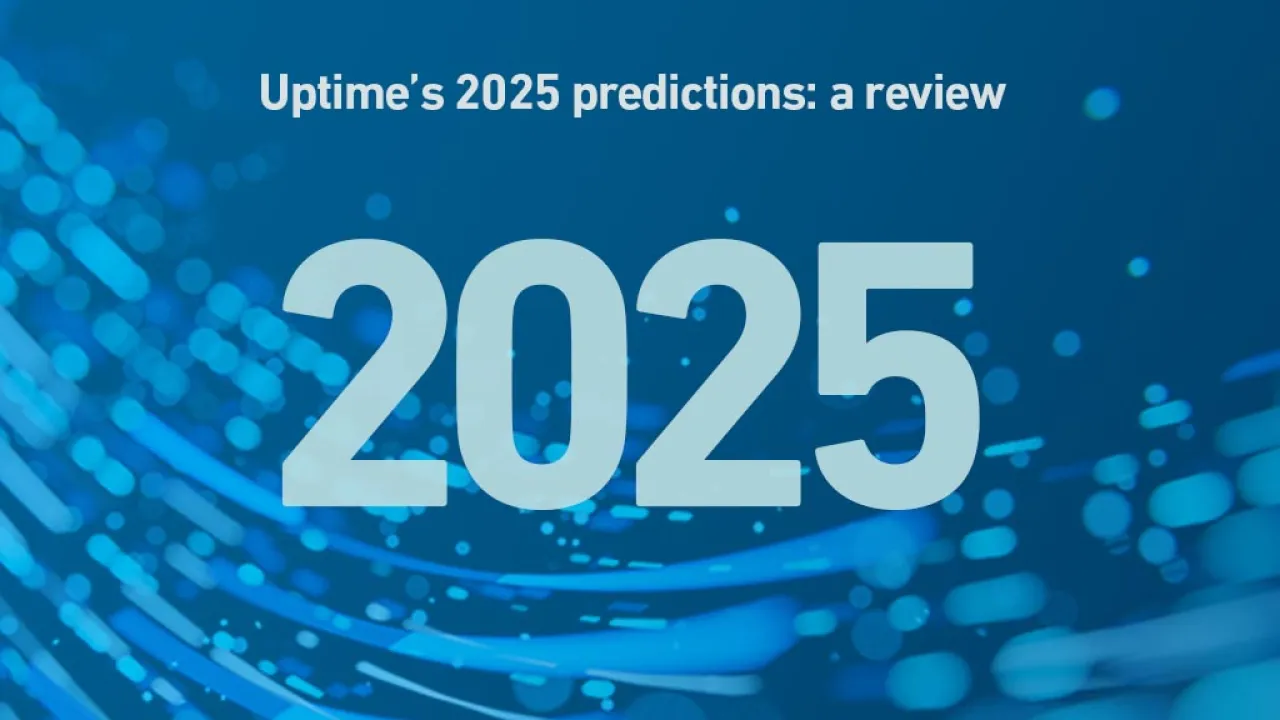The European Commission plans to finalize the Energy Efficiency Directive (EED) delegated regulations on June 10, 2026. The draft amendments may increase the quantity of reportable EED information and establish a data center labeling program.
filters
Explore All Topics
DLC was developed to handle high heat loads from densified IT. True mainstream DLC adoption remains elusive; it still awaits design refinements to address outstanding operational issues for mission-critical applications.
The use of on-site natural gas power generation for big data centers will strain operators’ ability to meet net-zero carbon goals. To counter this, operators will increasingly explore, promote and in some cases deploy carbon capture and storage.
European national grid operators are advised to adopt proposed grid code requirements to protect their infrastructure from risks, such as data center activity, even though Commission action on the issue has stalled.
Cloud sovereignty is often treated as binary choice, but, in reality, it is a spectrum shaped by law, operations, technologies and supply chains. This framework explains the differences between sovereign public cloud options.
In this webinar and report, Uptime Intelligence looks beyond the more obvious trends of 2026 and examines some of the latest developments and challenges shaping the industry. AI is transforming data center strategies, but its impact remains uneven…
Uptime Institute's Sustainability and Climate Change Survey (n=1,054) benchmarks the data center industry in areas such as sustainability assessments, responses to extreme weather events, and how operators are handling regulatory requirements.The…
DLC introduces challenges at all levels of data center commissioning. Some end users accept CDUs without factory witness testing — a significant departure from the conventional commissioning script
Cybercriminals increasingly target supply chains as entry points for coordinated attacks; however, many vulnerabilities have been overlooked by operators and persist, despite their growing risk and severity.
Uptime Intelligence looks beyond the more obvious trends of 2026 and examines some of the latest developments and challenges shaping the data center industry.
Simple arithmetic shows that newly constructed, large-scale private data centers with high occupancy rates can sometimes undercut colos on unit costs, but in most cases colos remain significantly cheaper.
Nvidia’s DSX proposal outlines a software-led model where digital twins, modular design and automation could shape how future gigawatt-scale AI facilities operate, even though the approach remains largely conceptual.
The Uptime Intelligence research agenda includes a list of published and planned research reports for 2026, and is focused on Uptime Intelligence primary coverage areas: 1) power generation, distribution, energy storage; 2) data center management…
Nvidia’s DGX-Ready certification for colocation facilities has been around for nearly six years, yet what the program actually entails remains obscure.
Uptime Intelligence’s predictions for 2025 are revisited and reassessed with the benefit of hindsight.
 Jay Dietrich
Jay Dietrich

 Jacqueline Davis
Jacqueline Davis


 Peter Judge
Peter Judge

 Dr. Owen Rogers
Dr. Owen Rogers
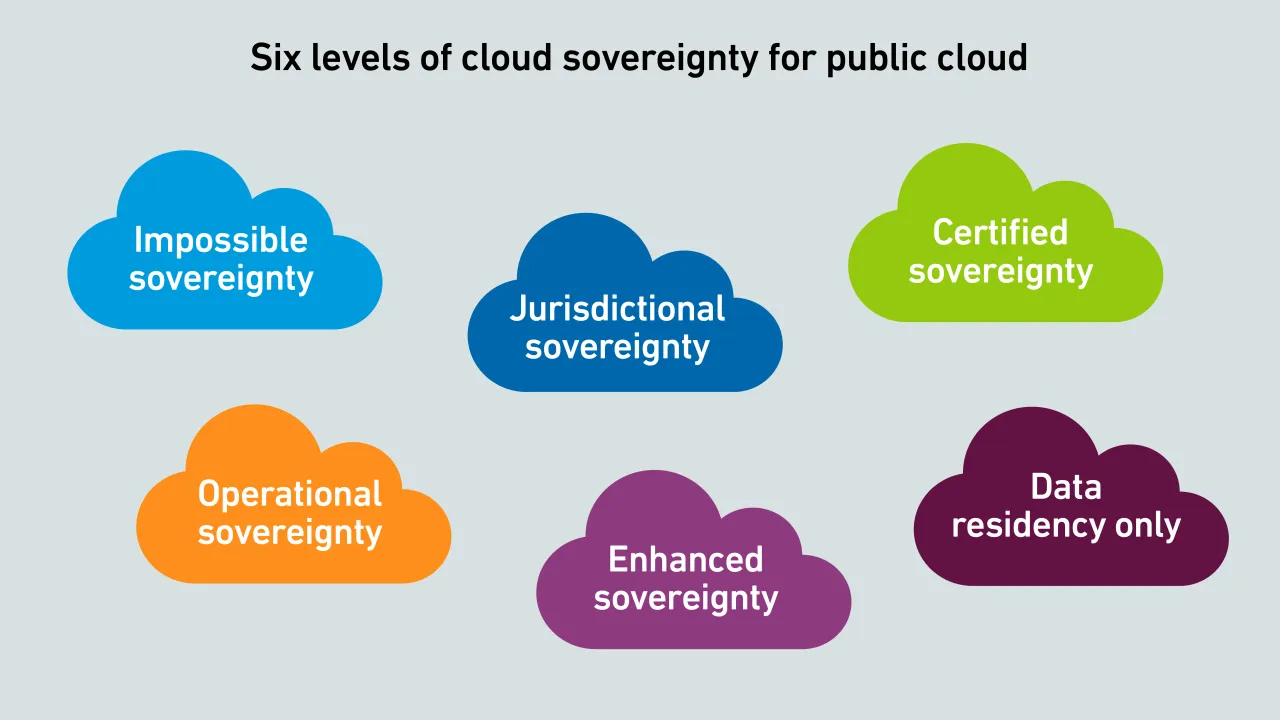
 Andy Lawrence
Andy Lawrence
 Daniel Bizo
Daniel Bizo
 Max Smolaks
Max Smolaks
 Dr. Rand Talib
Dr. Rand Talib
 Douglas Donnellan
Douglas Donnellan

 Paul Carton
Paul Carton
 Anthony Sbarra
Anthony Sbarra
 Laurie Williams
Laurie Williams
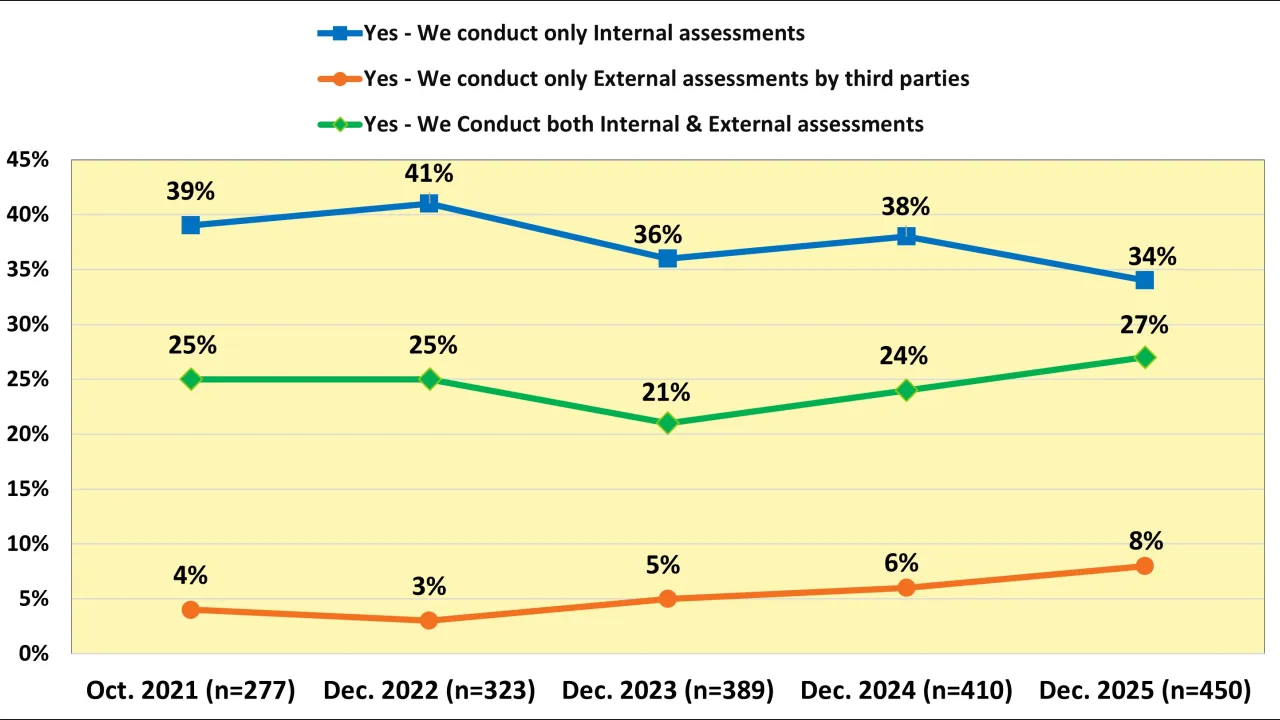
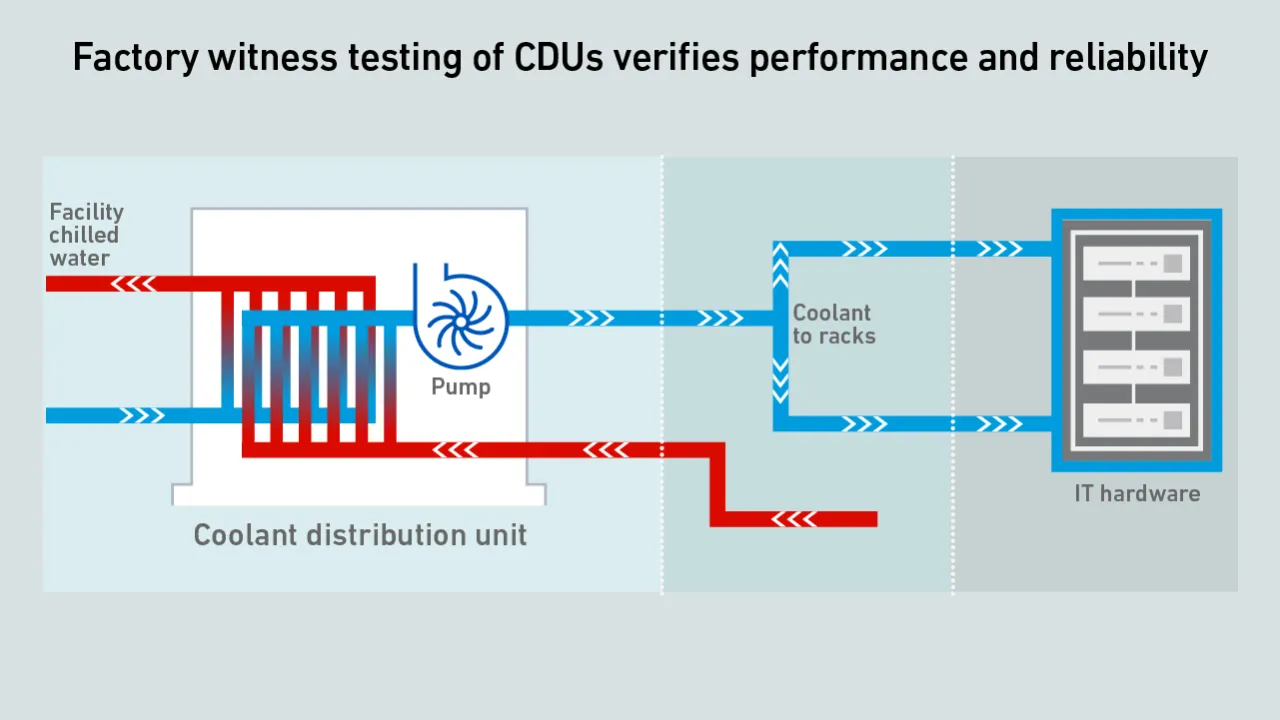
 John O'Brien
John O'Brien
